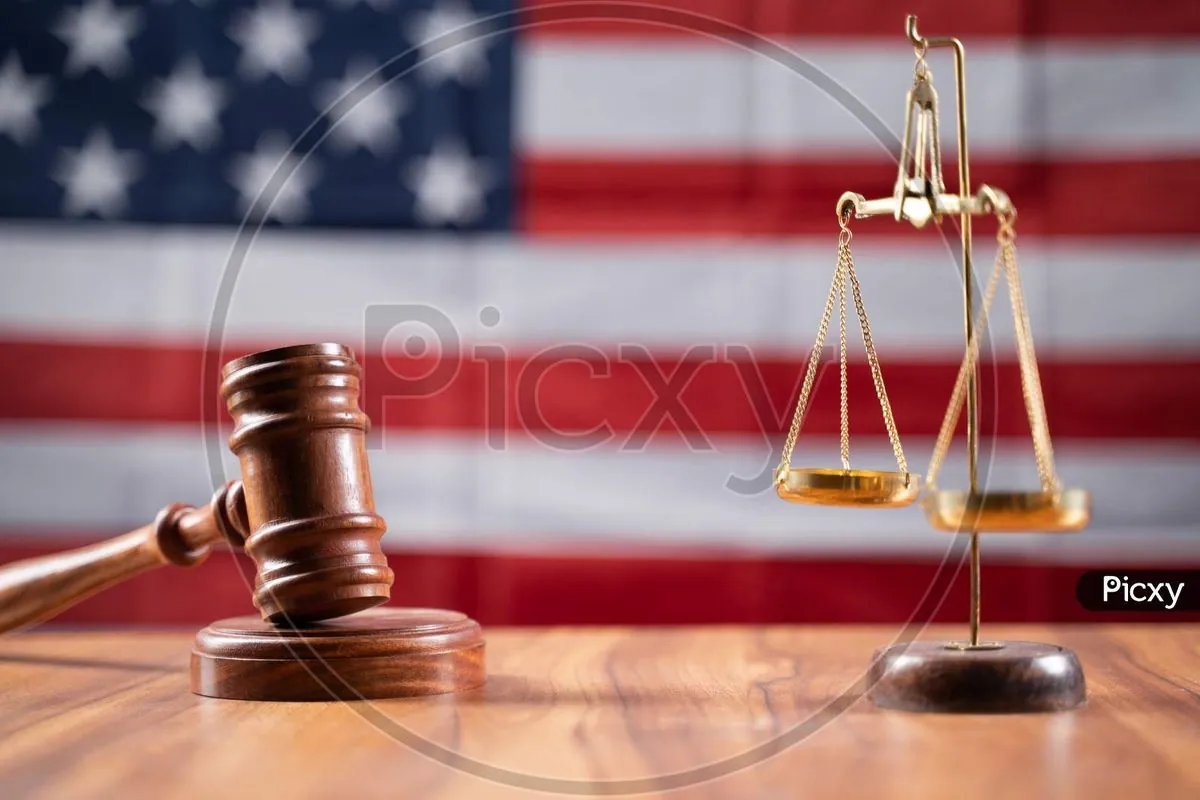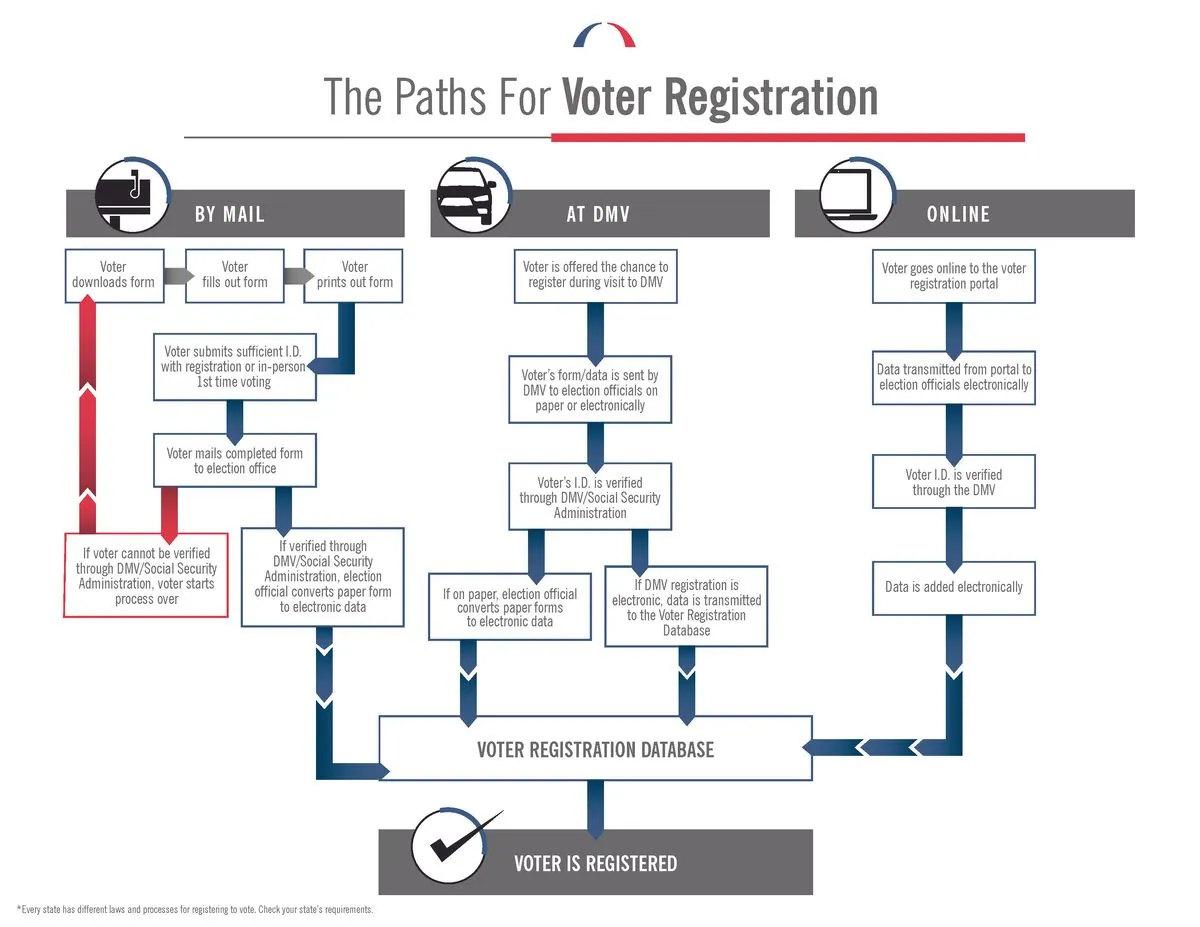GOP Intensifies Non-Citizen Voting Claims Ahead of 2024 Election
Republicans file lawsuits in swing states, alleging widespread non-citizen voting. Studies show the phenomenon is extremely rare, with only 0.0001% of votes in 2016 cast by non-citizens.

As the 2024 U.S. presidential election approaches, Donald Trump and his Republican allies are intensifying claims of potential non-citizen voting. This strategy has manifested in a series of lawsuits targeting voter registration procedures in key battleground states.
At least eight legal actions have been filed in four swing states, challenging various aspects of the voter registration process. These lawsuits, initiated by the Trump campaign, the Republican National Committee, and affiliated organizations, allege that election officials are not doing enough to prevent non-citizens from registering or remaining on voter lists.
However, independent studies have consistently shown that non-citizen voting is extremely rare. A comprehensive analysis of the 2016 presidential election revealed only 30 incidents of non-citizen voting among 23.5 million ballots cast, accounting for a mere 0.0001% of the total votes.
Maggie Toulouse Oliver, New Mexico's Secretary of State and a Democrat, criticized the legal campaign, stating:
"If I win the election is valid and if I lose the election was rigged."
Republicans argue that even a single illegally cast ballot is unacceptable. Frank LaRose, Ohio's Secretary of State, recently told a congressional panel that his office had identified nearly 600 non-citizens from state voter rolls containing about 8 million registrants.

It's important to note that federal law prohibits large-scale changes to voter rolls within 90 days of an election, as well as purges targeting specific classes of voters, such as recently naturalized citizens. The U.S. Justice Department recently reminded states of these restrictions.
Critics argue that the true intent behind these lawsuits is not to secure major changes in the electorate but to lay the groundwork for contesting individual state results if Trump loses. Dax Goldstein, senior counsel for the nonpartisan States United Democracy Center, described the lawsuits as "part of a weaponized public relations campaign to erode confidence in elections."
The legal actions primarily target state and county election processes, with some challenging a 2021 Biden administration initiative involving federal agencies in voter registration efforts. Republican attorneys general from nine states have filed a complaint in Kansas federal court, alleging insufficient documentation for voter registration and potential risks of non-citizen voting.
In Arizona, a Trump-aligned advocacy group is seeking to force counties to investigate approximately 44,000 voters who were allowed to register without providing proof of citizenship. This dispute centers around the state's two-tiered voter-registration system, which has different requirements for state and federal elections.
As the debate over election integrity continues, it's crucial to remember that the right to vote in federal elections is reserved for U.S. citizens, and non-citizen voting in these elections is a felony offense. The National Voter Registration Act of 1993 and the Help America Vote Act of 2002 have established standards for maintaining accurate voter registration lists and election administration.
With the 2024 election potentially coming down to narrow margins in key states, the issue of non-citizen voting is likely to remain a contentious topic in the months ahead.


































